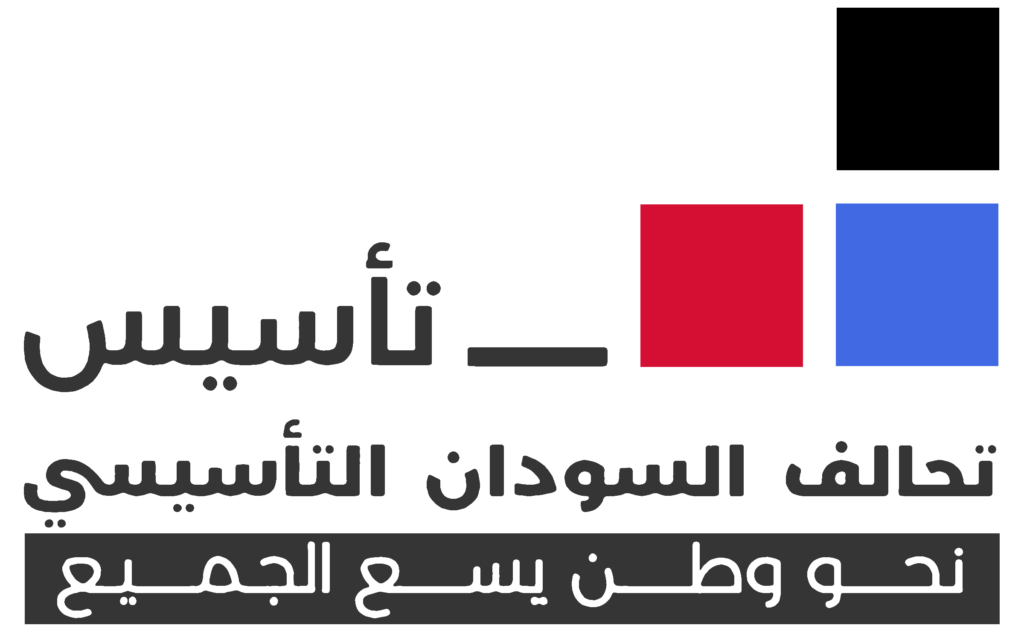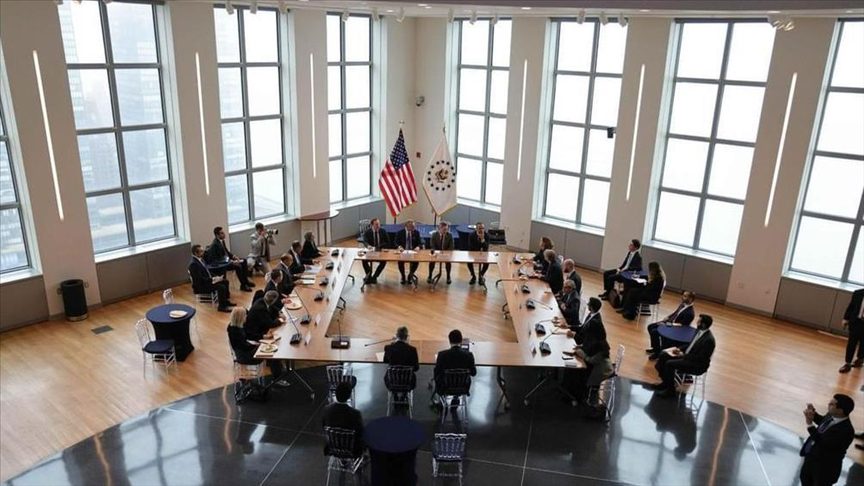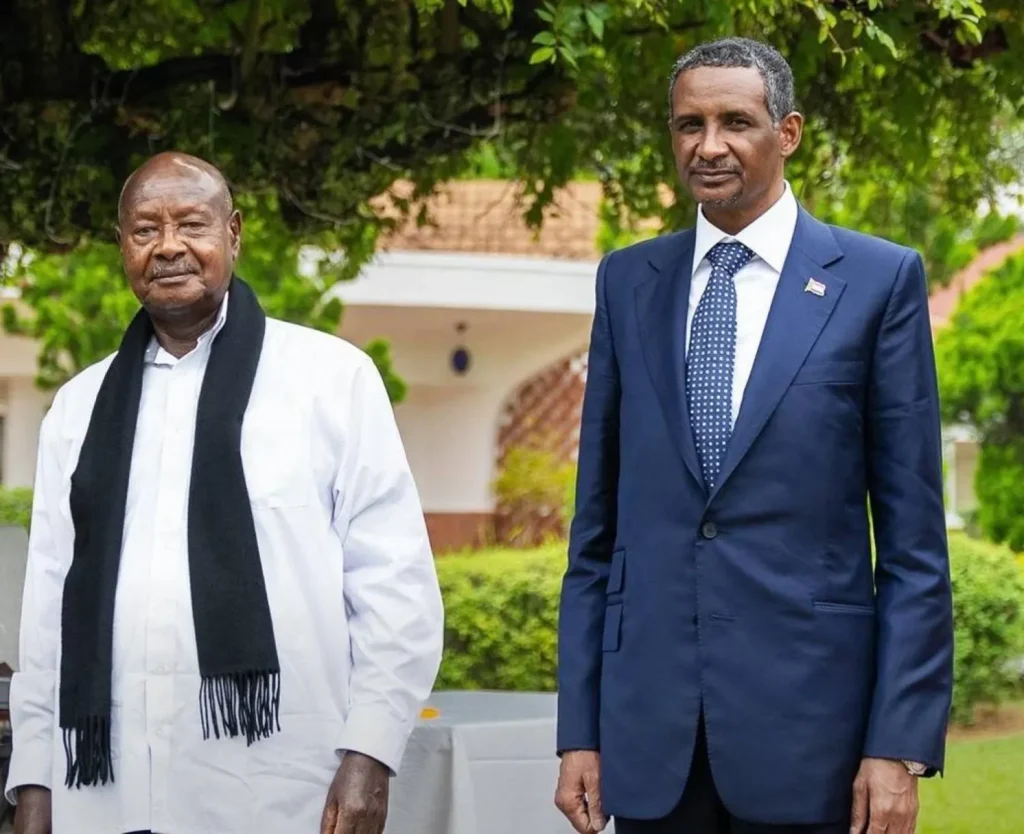
Two leading international authorities issued separate statements on 12 September addressing Sudan’s civil war, offering little comfort to either combatant. The UN Security Council extended sanctions on Sudan over Darfur, citing its panel of experts’ assessment since 2023, much criticised for limited impact.
The US-led Quad, including Egypt, Saudi Arabia, and the UAE, reaffirmed support for the 2020 Jeddah Agreement as a framework for Sudan. Had it been implemented, the Jeddah terms might have advanced Sudan toward a secular, democratic vision championed in recent Rapid Support Forces statements.
For the General Abdel Fattah al Burhan-controlled SAF, the Quad’s declaration challenges their political and military dominance, emphasising civilian-led governance through an inclusive transition process. The statement warns that extremist groups linked to the Muslim Brotherhood must not dictate Sudan’s future or destabilise state institutions and governance.
Sudan’s Islamists, embedded in Burhan’s SAF and political structures, military oversight, and limited civilian power for stability and control. Burhan faces pressure from both the Quad and powerful Islamist factions maintaining his fragile grip on power. Recent Geneva talks with US adviser Massad Boulos likely reflected these tensions, as SAF foreign minister Eddim Salem cautiously reiterated reliance on SAF’s own roadmap.
The SAF demands RSF withdrawal from Kordofan and Darfur, and disarmament in civilian areas, before entering any negotiations on Sudan’s future governance. Efforts by the Quad to facilitate a secular, civilian-led peace process appear resisted, leaving Burhan besieged and potentially seeking UN intervention for delay.




